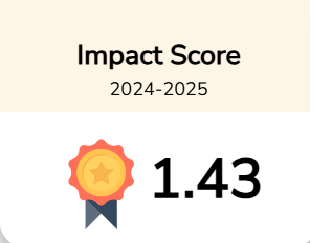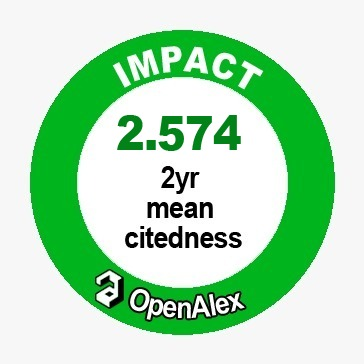Inflation Determinants and its Effect on Public Debt: The Case of Egypt
Downloads
Purpose: This study examines the factors determining inflation and how it affects Egypt’s public debt using annual data from 1976 to 2022 under the ARDL approach.
Design/ Methodology/Approach: This study applies the bounds testing approach and the ADF test along with diagnostic tests for heteroscedasticity and serial correlation. CUSUM, CUSUM squared and Ramsey tests assess the impact of inflation on Egypt’s public debt.
Findings: Results reveal that both in the long and short term, public debt adversely influences inflation. Conversely, public debt is unaffected by inflation over the long run. In the short term, this relation becomes negative.
Conclusion: The study offers several critical advantages. It highlights the complexity of analyzing inflation and public debt, emphasizing their importance for economic stability, policy success, intergenerational justice, and investor confidence, recommending focusing on factors most influencing inflation and public debt.
Research Limitations/implications: During the study period, the Egyptian economy experienced political shifts, external shocks and global events, complicating the assessment of inflation’s impact on public debt. However, the study provides insights for stable economic growth strategies.
Practical implications: The findings help policy makers balance debt and inflation for long term stability, guiding central banks to control inflation without increasing public debt.
Contribution to Literature: The research enriches economic literature by considering a wide range of factors, providing a deeper understanding of debt-inflation dynamics for better policy making. Household consumption drives demand-pull inflation and PCE is used instead of CPI to provide a more comprehensive view of inflation’s impact on public debt.





